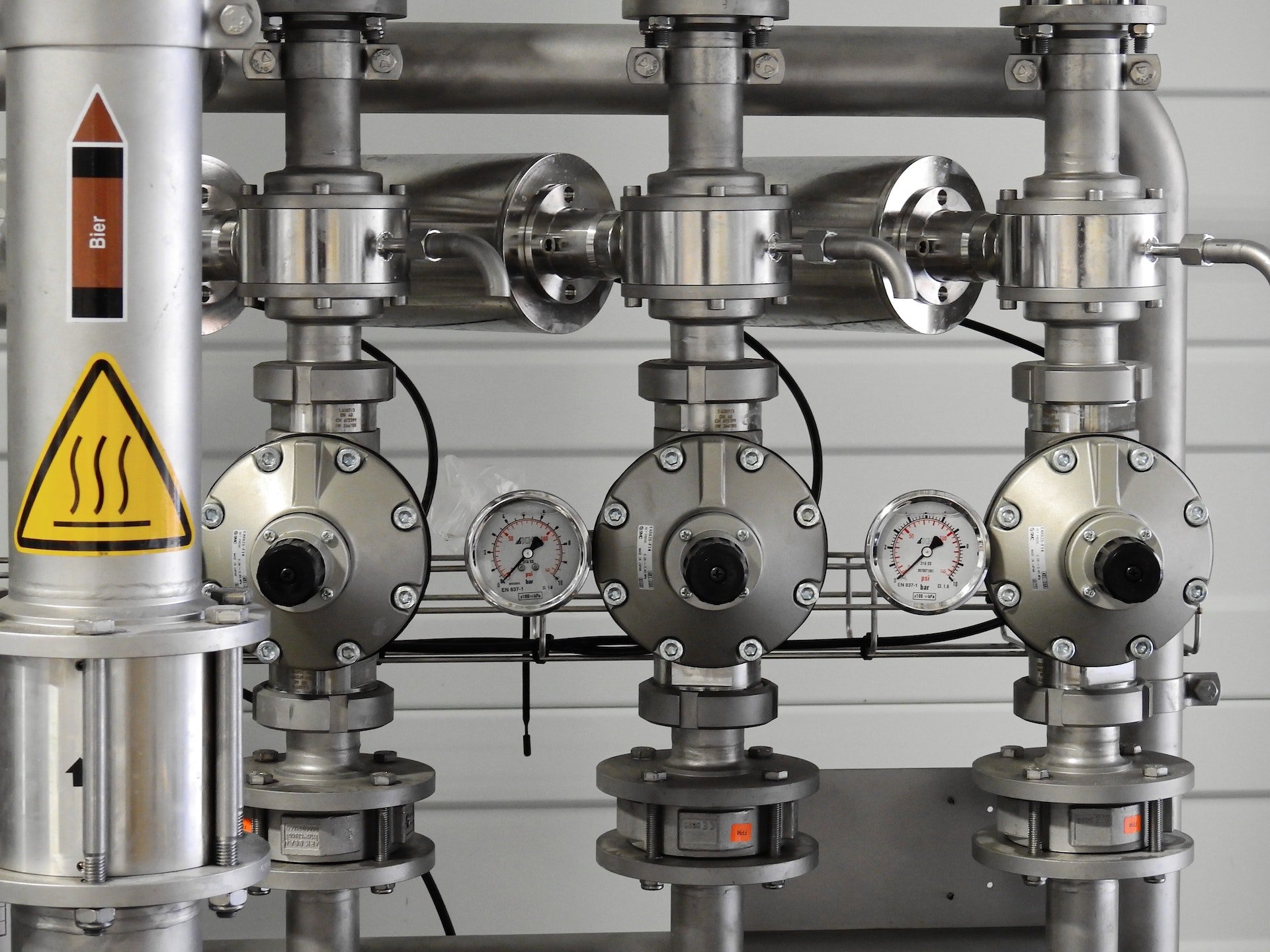5 Steps to Take If a Commercial Property Loses Plumbing
Owning and managing a commercial property comes with the burden of responsibility for everything within it. This includes the plumbing system. Unfortunately, problems can arise with your commercial plumbing, such as a blockage or leaky pipes. Undoubtedly, that can cause costly inconveniences for you and your tenants.
So, what steps do you take to fix it quickly and correctly if one does occur? Let’s outline five essential actions you should take if you discover your commercial property has lost its plumbing functionality. With these steps, you can restore proper functioning while minimizing damage in the future.
1- Shut Off the Water Supply to the Property
In case of a plumbing emergency at a commercial property, immediate action is necessary. The most important thing to do right away is to shut off the water supply to the property.
This is critical as it helps reduce any ongoing damage from plumbing issues like leaky pipes or toilets. Shutting off the water also prevents further problems, such as mold and mildew growth, resulting from standing water in the building. Remember, time wasted can mean more costly repairs later on down the line.
2- Contact a Plumbing Company as Soon as Possible
Once you have turned off the water source, contact your local plumbing company or contractor. A plumber will help you with the following:
• Assess and identify any problems that need to be addressed
• Evaluate any damage caused by the leak and determine what repairs must be undertaken
• Carry out the repairs efficiently to correct the problem
• Advise on how to prevent similar incidents in the future
3- Document the Damage Caused by the Leak
Once you have located and fixed any damaged pipes or fixtures, document all visible signs of damage caused by the plumbing issue. This will help when filing an insurance claim, should one be necessary.
Take pictures of affected areas and make notes regarding affected items such as furniture, electronics, walls/floors, etc. This ensures that the insurer can replace them if needed. Also, keep track of expenses related to emergency plumbing services or repairs for sharing with your insurer.
4- Work With Your Insurance Company to File a Claim
Depending on your type of coverage, you can file an insurance claim for repair costs associated with your plumbing issue(s). So, call your insurance company ASAP and inform them of what has happened. This will help you understand what kind of coverage you are eligible for so that you can work out a good solution with them quickly and efficiently.
Be sure to have all pertinent documents, such as invoices for repair costs or medical bills, if applicable. Your insurance company will then process your claim. Afterward, they will provide you with a settlement amount that reflects compensation for any financial losses incurred due to the plumbing failure.
5- Get the Property Back Up and Running as Soon as Possible
Once you have obtained approval from your insurance company (or paid out-of-pocket) for repairing any plumbing damage at the property, it is time to get back up and running again with minimal disruption to operations or income-earning activities at the property itself. Also, ensure any additional work being done meets building codes where applicable. This is to ensure no further problems arise in the future due to faulty workmanship or non-compliance with local regulations governing renovations at commercial properties.
No one wants to deal with a plumbing emergency. However, it’s crucial to know what to do if it does happen. By following these five steps, you can minimize the damage and get your commercial property back up and running as soon as possible. Of course, the best way to avoid a plumbing catastrophe is to have a reliable partner who can help you proactively inspect and maintain your plumbing system.

